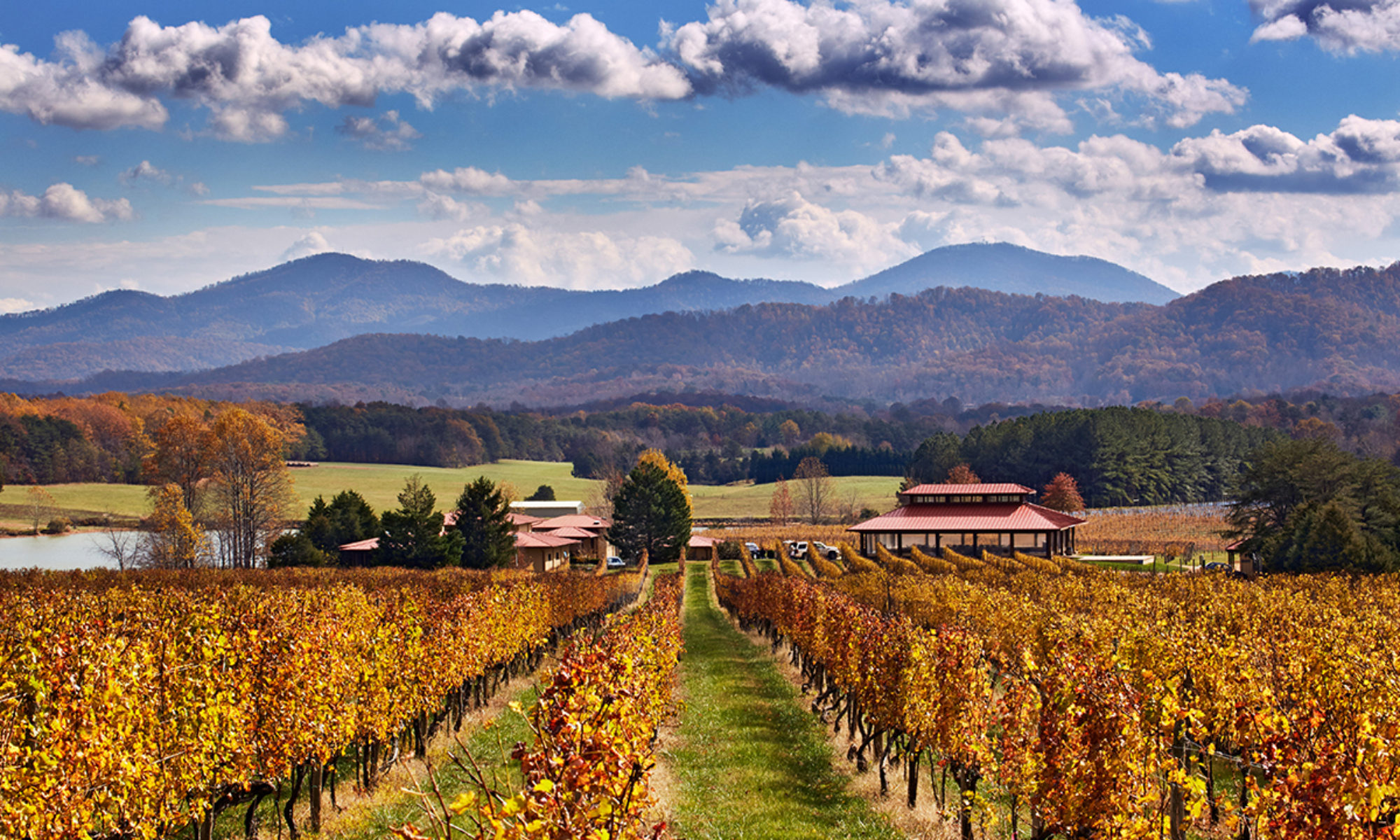Crushed Cellars
- Located in western Loudoun County, off of State Route 9/ Charlestown Pike, between Leesburg and Hillsboro. Opened in 2011 by owner Bob Kalok on what was his family farm.
- Wine. Tier II. A traditional and somewhat more limited selection than some others: Chardonnay, Vidal and a newly added Traminette for whites, a Meritage blend, Syrah and Merlot for reds. The winery is using mostly grapes from elsewhere in the state until its vines mature. Wines have won medals at the Atlantic Seaboard tasting competition (which does not have many participating Virginia wineries), while the Chardonnay was awarded bronze medals at the San Francisco International Wine competition in 2014 and 2016.
- Setting. Relaxed, low-key setting of a rural Virginia farm. One of Loudoun’s smaller wine venues, currently only open for tastings on weekends. The animals are a big part of the visual appeal. Offer bread, local cheeses, bruschetta and dips to go with the wine tastings (you may have to compete for the crackers with the farm’s chickens). Many reviews compliment the service and degree of attention to visitors, frequently from owner Bok Kalok himself. Family friendly.
- Stories. Civil War – Sheridan’s Burning raid. Wars are not generally very civil to civilians, and the war between the states was no exception. With Virginia on the front line between North and South, and Loudoun County on the front lines between North and the rest of Virginia, 1861-1865 were very difficult years for the farmers who predominated in western Loudoun. Many of the wineries you may visit on your tours were once farms, and some still are. In the Civil War years a farm like Bob Kalok’s here could expect frequent passages of armies –Union soldiers invading the South, Confederate soldiers on their way to invading the North, all expecting to resupply themselves and their horses from the land and farms they passed through. This was bad enough, but much worse could come when either side opted for a turn to “scorched earth” strategies. The worst arrived at the end of November 1864, when Union General Philip Sheridan launched “the Burning” — a twelve-day campaign through Loudoun and Fauquier counties aimed at destroying the forage used by Confederate troops (especially Mosby’s Rangers). Purcellvile and Harmony, the area round Crushed Cellars, were hit on November 30. Barns, mills and fields were burnt, livestock driven off, and countless farms ruined. Even the Union Cavalry engaged in the raid was heartsick at the damage: one soldier’s letter related that “this was the most unpleasant task we were ever compelled to undertake… It was heart-piercing to hear the shrieks of women and children, and to see even men crying and beating their breasts, supplicating for mercy on bended knees, begging that at least one cow – an only support – might be left. But no mercy was allowed.” History can be fun; often, it’s not. Events like this create painful, and long-lasting scars. The war between the states ended in 1865, but the mending, well it’s not clear that ever fully ended.
